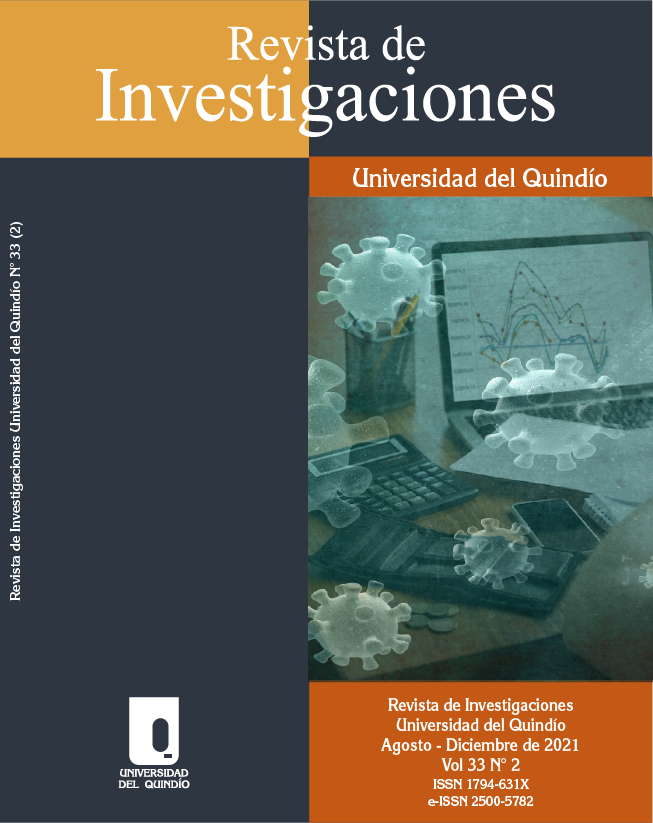Inversiones extranjeras directas, apertura comercial y relación de emisiones de CO2: el caso de los países de la EU 1995-2019
DOI:
https://doi.org/10.33975/riuq.vol33n2.637Palabras clave:
Emisión de carbono, Inversión Extranjera Directa (IED), apertura comercial, curva de Kuznets ambiental, hipótesis de refugio de contaminación, efecto haloResumen
Las inversiones extranjeras directas (IED), que son muy importantes en el desarrollo económico de los países, prefieren regiones con libre comercio. Dado que la participación del comercio internacional en la economía mundial aumenta constantemente, la apertura comercial y las inversiones extranjeras directas se han vuelto más importantes para los países. Sin embargo, el aumento del comercio y las entradas de IED pueden tener efectos negativos sobre el medio ambiente. Aunque en la literatura se incluyen muchas variables diferentes como determinantes de la emisión de carbono, la Inversión Extranjera Directa se toma principalmente como una variable explicativa del efecto del proceso de globalización económica.
El objetivo de este trabajo es analizar la relación entre la IED, la apertura comercial y la emisión de CO2 para el período 1995-2019 en 24 países de la UE. La relación entre variables se estimó aplicando el estimador de panel AMG y las pruebas de causalidad de Emirmahmutoglu y Kose a series con dependencia transversal. Los resultados empíricos del panel general muestran que existe una causalidad unidireccional entre la emisión de carbono y la apertura comercial y la IED. Se ha determinado una causalidad direccional de la IED a la apertura comercial para el panel general.
Cuando se analiza por país, existe una causalidad unidireccional de la emisión de carbono a la apertura comercial para Bulgaria, Italia, Letonia, Polonia, Portugal y Eslovenia. Asimismo, para Austria, Dinamarca, Estonia, Finlandia, Francia, Alemania, Polonia, Portugal, España y Suiza, existe una causalidad unidireccional de la emisión de carbono a la IED. Además, cuando se analiza por países, existe una relación de causalidad unidireccional entre las inversiones extranjeras directas y la apertura comercial para Bulgaria, Italia, Letonia, Polonia, Portugal y Eslovenia. Para Bulgaria, Finlandia y Alemania, existe una causalidad unidireccional entre la apertura comercial y la inversión extranjera directa. La importancia de este estudio se deriva del énfasis en la necesidad de IED protectoras del medio ambiente para reducir las emisiones de carbono.
Descargas
Publicado
Cómo citar
Número
Sección
Licencia
Derechos de autor 2022 Revista de Investigaciones Universidad del Quindío

Esta obra está bajo una licencia internacional Creative Commons Atribución-NoComercial-SinDerivadas 4.0.


